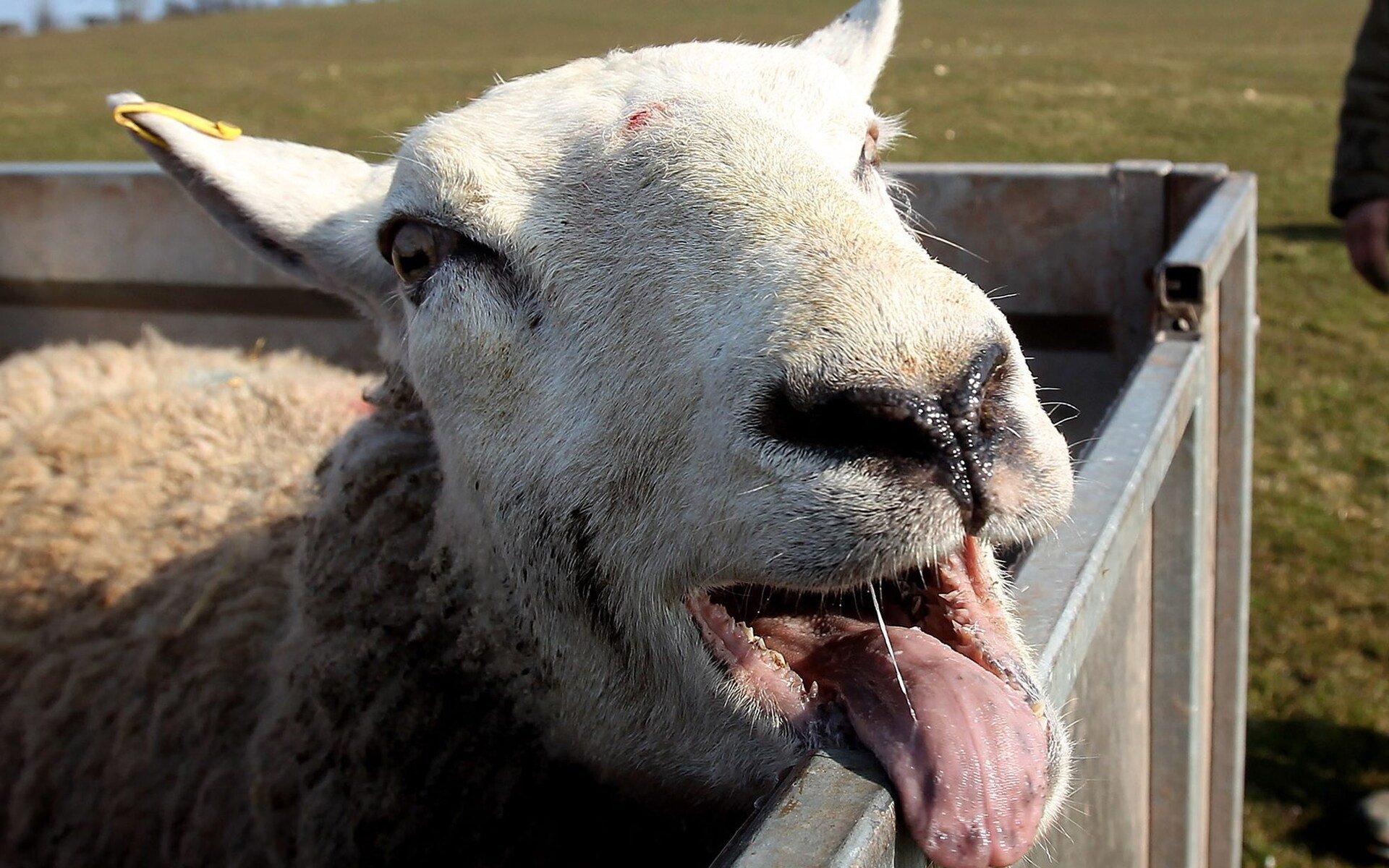- cross-posted to:
- climate@slrpnk.net
- cross-posted to:
- climate@slrpnk.net
Good news for any 10,000-year-old hunter-gatherers! It’s back, baby!
A green Sahara would be nice. Too bad it took a planet wide catastrophe to see it happen.
the sahara turning fully green could actually be another kind of disaster - parts of the food chain rely on dust from the sahara blowing over the atlantic to provide essential nutrient/minerals for smaller organisms that slightly less small organism feed on.
https://www.popsci.com/environment/sahara-dust-atlantic/
migrating dust clouds originating in the Sahara Desert are crucial to fostering life in the Atlantic Ocean as far away as the Amazonian basin
It’s okay, the Amazon will die off from other things first. (/s but only on it being okay)
As far as the human food chain goes, a single round of fertiliser will easily match millennia of windblown desert dust.
deleted by creator
Biomes exist for a reason

That’s why I always dug quarantine tunnels in Terraria.
Hmm. Given how much it’s gone back and forth already, I wonder how much worse it would be this time. It is happening a lot faster.
Serious questions here. The world, by design, has arid zones around the tropics. If we heat up the planet, does that mean deserts pop up in other places? Like, will the Sahara and Cape Town turn green, but Spain and Italy and Argentina turn to desert? And if that’s the case, will hurricanes more often frequent New England, but less frequent Florida? Also, isn’t one of the major reasons we have hurricanes in the first place due to Sahara seeding them? If less desert then…?
Yes.
IIRC in the green Sahara scenarios the arid band moves north into the Mediterranean, and so southern Europe and North Africa get messed up. On other continents, it’s already getting noticeably weird and dry where I am on the western great plains.
There’s still a lot of uncertainty about whether agriculture, for example, will benefit, worsen or break even due to climate change. Total global precipitation increases, but so does variability both through time and location, and then the heat and the CO2 itself has an effect. It’s all very complicated.
Also, isn’t one of the major reasons we have hurricanes in the first place due to Sahara seeding them? If less desert then…?
A good chunk of this current hurricane season just didn’t happen, and it was all down to unusual conditions in Africa. On the flip side, each hurricane will be more intense due to hotter seas (which, again, we’re probably seeing right now).
There’s a pattern here. A different climate isn’t bad, per se. It’s the rapid change to a different climate. This sort of thing is supposed to take hundreds of thousands of years, not a century or two. As a result we’re creating a mass extinction.
I don’t have a good answer to your question, but I do know lengthy droughts in certain areas are a likely fallout from climate change, so I’d say that would be a good possibility.
Egypt bout to make a comeback!
Fun fact, it never left. It’s been one of the most populous areas all along, and it’s still the third most populous country in Africa (after Nigeria and Ethiopia). It’s just that it’s not the only happening place anymore.
and finally, proof that the Sahara is not a desert. just like when it snows outside it’s proof that global warming is a hoax, rainfall proves that deserts are a hoax. the Sahara is a rainforest, wake up sheeple.
we’ll see how rare is the new “rare” event. Next thing you know Sahara is a well-known rainforest and amazon is the well-known desert.
During the ice age, the Sahara was savanna, and it’s though to be possible it could go back due to climate change.
That would be a nice silver lining on a mostly very bad mistake, I guess.
It will again in the future, but not because of climate change hopefully. It’s originally caused by the earth’s axial tilt, and which way is pointing towards the sun during the Earth’s parihelion and aphelion.
I’m not making this up. It wasn’t caused by anthropogenic climate change before, obviously, but more than one thing can shift rains.
Isn’t there no soil there now?
Sand is a kind of soil. Actually, besides possibly salinity, deserts tend to be pretty fertile once you add water, because evaporation concentrates things.
Those photos are gorgeous.
deleted by creator
Credit where due - this is a rare example of an article that contains pictures of the fantastical thing noted in the headline. Was this written by a journalism student or something?
Anyone else get irrationally angry when someone calls it the Sahara dessert? No, just me?
It bothers me because “Sahara” is Arabic for desert, so the headline to this article is calling it the desert desert, and apparently, that’s a pet peeve of mine.
No, but I get irrationally angry when someone calls a desert dessert.
I’d fix it, but I am kind of enjoying this newfound power to affect your emotional state.
Chai tea
In my dialect in Norwegian, the word for another and tea is the same, so a direct translation one can use (and I have) when ordering a second chai tea is “Can I have tea tea tea?”.
So what’s that like in your Norwegian dialect?
Kan eg få ein te te te? Can I have another chai tea?
Maki roll
La Brea Tar pits, Milky Way Galaxy, Lake Tahoe, El Camino Way.
I was under the impression that Tahoe translates to “big water” which is funny.
But “Tar pit Tar pit”, “Way Way” and “Desert Desert” are indeed infuriating.
You forgot bo staff to refer to the quarterstaff that Donatello uses
Are there fennec foxes in the Sahara desert? Please advise while I enjoy my naan bread
Meh, not everyone speaks Arabic and there are probably people who don’t know that the Sahara is a desert.
Minor redundancies are a small price to share information with a wider audience.
It’s describing the type of desert by specifying its name. Even in situations where it’s not rhe proper name (ie. chai tea), there are equivalent English formations (ie. “tea tea” to distinguish “traditional” tea from other varieties).
Woah. It’s like a giant oasis! I feel like I’d want to swim in it! 😃
Associated Press - News Source Context (Click to view Full Report)
Information for Associated Press:
MBFC: Left-Center - Credibility: High - Factual Reporting: High - United States of America
Wikipedia about this sourceSearch topics on Ground.News
https://apnews.com/article/sahara-flooding-oasis-rain-morocco-2b6c28d2487a0ef370aff60775d0245d
Bad bot.










